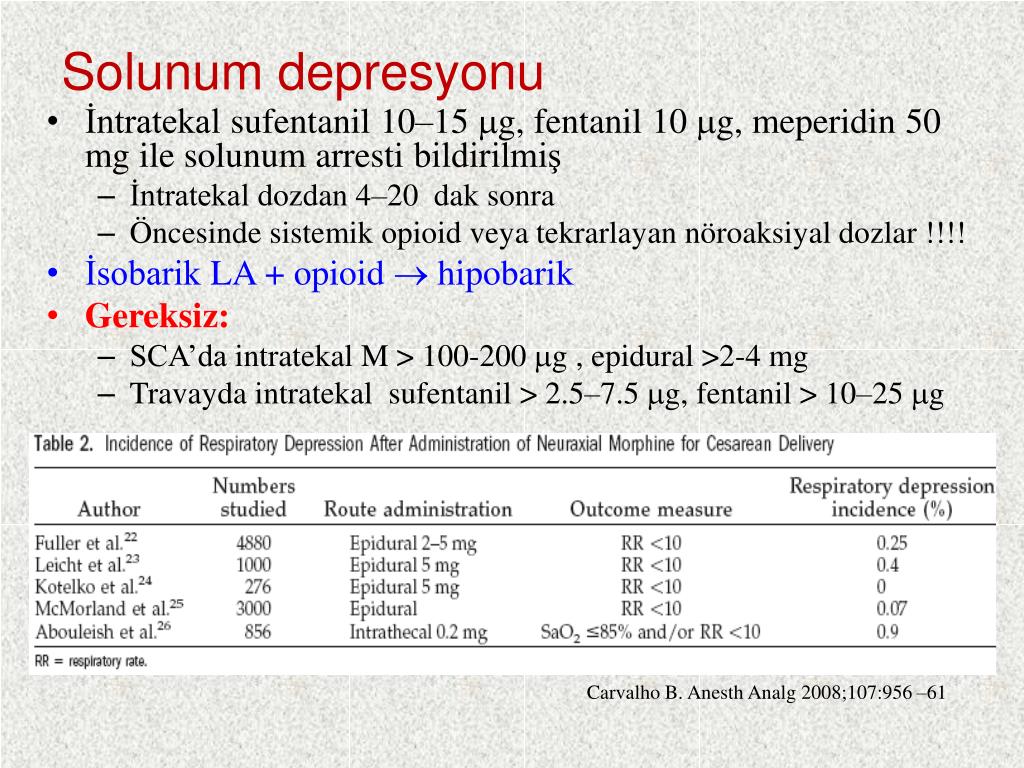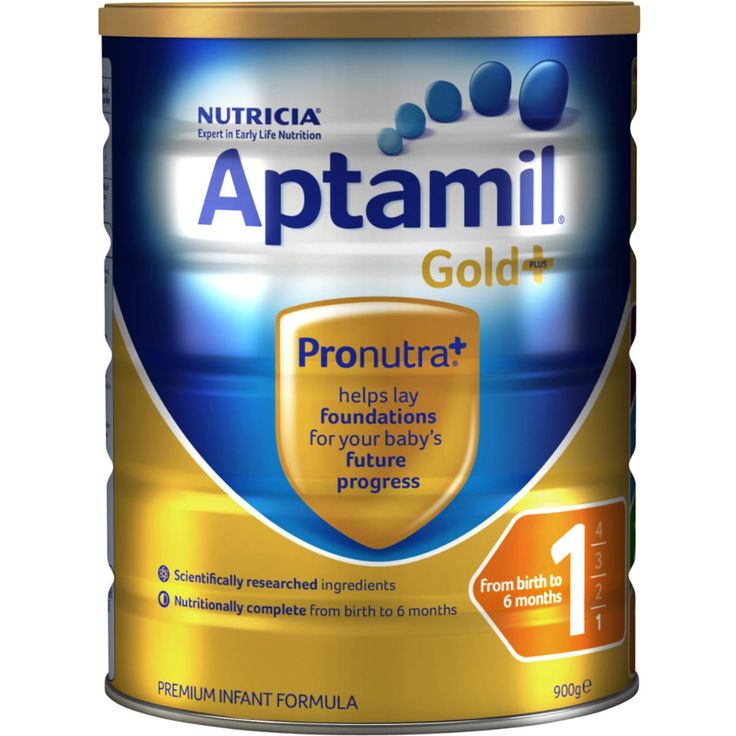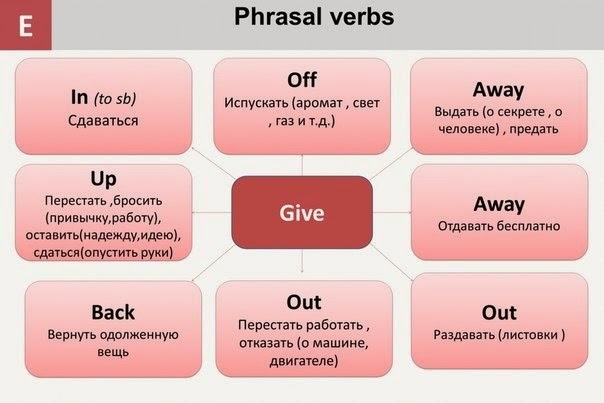Coffee during first trimester
Is Any Amount of Coffee Safe for Baby During Pregnancy?
By Denise MannHealthDay Reporter
FRIDAY, Feb. 12, 2021 (HealthDay News) -- Too much coffee during pregnancy could lead to kids with behavior problems later on.
That's the key takeaway from new research that examined 9,000 brain scans from 9- and 10-year-olds as part of the largest long-term study of brain development and child health.
"The goalposts are moved by caffeine, and there are subtle, but real changes in behavioral outcomes in most kids who were exposed to caffeine in utero," said study author John Foxe. He is director of the Del Monte Institute for Neuroscience at the University of Rochester in Rochester, N.Y.
"This may not make a meaningful difference in the behaviors of some kids, but for those who are vulnerable in other ways, it may flip them over the threshold," Foxe added.
For years, pregnant women have been told to limit their caffeine intake to lower their risk for miscarriage or preterm birth, but this new study suggests that pregnant women who consume any coffee may be more likely to have kids with behavioral issues later in life.
Brain scans of kids whose mothers consumed caffeine during pregnancy showed changes in pathways that could lead to behavioral problems later on, including attention difficulties and hyperactivity. The changes tracked with higher scores on checklists for problem behaviors seen among kids whose moms reported drinking coffee while pregnant.
Most of the behavioral issues seen in the kids were minor, but noticeable, Foxe said. Other risks for developing behavioral issues include family history and some social and economic factors, he added.
While it's known the fetus can't break down caffeine when it crosses the placenta, Foxe said exactly how or at what point in pregnancy caffeine leads to these changes is not fully understood.
The study did not find any changes in the children's intelligence or thinking ability.
The American College of Obstetricians and Gynecologists suggests pregnant women limit their caffeine intake to 200 milligrams per day. That's about two 6-ounce cups, but even that may be too much, the study suggested.
"I would advise pregnant women to take in as little caffeine as possible and switch to decaf altogether if they can," Foxe said.
But he urged women not to go cold turkey if they can help it, because caffeine withdrawal can cause a host of symptoms, including headaches, irritability, nausea and difficulty concentrating.
"We don't know what withdrawal, irritability, stress and anxiety will do to a pregnancy," Foxe said. "Try to whittle away at your caffeine consumption before you get pregnant."
The study does have some limitations. Women were asked to recall how much caffeine they consumed while pregnant, and memory isn't always 100% accurate.
The findings were recently published online in the journal Neuropharmacology.
Dr. Mark Klebanoff, principal investigator at the Center for Perinatal Research in Columbus, Ohio, said many studies have looked at the effects of caffeine on pregnancy outcomes, such as risk of miscarriage. But less is known about how caffeine affects kids as they age.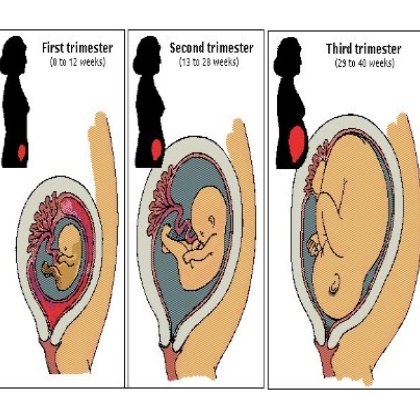
"The new study adds to the literature, but it's not enough to really implicate caffeine in any strong way," said Klebanoff, who was not involved with the study but reviewed the findings.
"Pregnant women can be reasonably reassured that consuming less than 200 milligrams per day of caffeine will not cause miscarriage or preterm birth," he said. But more study is needed on how it affects child development, Klebanoff added.
"A typical cup at home has about 100 mg of caffeine, so women can limit themselves to two cups a day when pregnant," he said.
But they should keep in mind that other sources of caffeine (such as energy drinks, power bars and chocolate) should be considered as part of the total, Klebanoff said.
More information
The American College of Obstetricians and Gynecologists offers advice on coffee and caffeine during pregnancy.
SOURCES: John Foxe, PhD, director, Del Monte Institute for Neuroscience, University of Rochester, Rochester, N. Y.; Mark Klebanoff, MD, principal investigator, Center for Perinatal Research, Abigail Wexner Research Institute, Nationwide Children's Hospital, Columbus, Ohio; Neuropharmacology, Jan. 30, 2021, online
Y.; Mark Klebanoff, MD, principal investigator, Center for Perinatal Research, Abigail Wexner Research Institute, Nationwide Children's Hospital, Columbus, Ohio; Neuropharmacology, Jan. 30, 2021, online
Caffeine Intake During Pregnancy | American Pregnancy Association
Caffeine is one of the most loved stimulants in America. But Because caffeine can raise blood pressure, pregnant women should limit caffeine during pregnancy.
Facts About Caffeine
Caffeine is a stimulant and a diuretic. Because caffeine is a stimulant, it increases your blood pressure and heart rate, both of which are not recommended during pregnancy.
Caffeine also increases the frequency of urination. This causes a reduction in your body fluid levels and can lead to dehydration.
Caffeine crosses the placenta to your baby. Although you may be able to handle the amounts of caffeine you feed your body, your baby doesn’t have the enzymes needed to metabolize caffeine.
Any amount of caffeine can also cause changes in your baby’s sleep pattern or normal movement pattern in the later stages of pregnancy. Remember, caffeine is a stimulant and can keep both you and your baby awake.
Caffeine is found in more than just coffee. Caffeine is not only found in coffee but also in tea, soda, chocolate, and even some over-the-counter medications that relieve headaches. Be aware of what you consume.
Caffeine Facts or Myths?
Statement: Caffeine causes birth defects in humans
Facts: Numerous studies on animals have shown that caffeine can cause birth defects, premature labor, preterm delivery, reduced fertility, and increase the risk of low-birth-weight offspring and other reproductive problems.
There have not been any conclusive studies done on humans; however, it is still better to play it safe when it comes to inconclusive studies.
Statement: Caffeine causes infertility
Facts: Some studies have shown a link between high levels of caffeine consumption and delayed conception.
Statement: Caffeine causes miscarriages
Facts: In 2008, two studies on the effects of caffeine related to miscarriage showed significantly different outcomes. In one study released by the American Journal of Obstetrics and Gynecology, it was found that women who consume 200mg or more of caffeine daily are twice as likely to have a miscarriage as those who do not consume any caffeine.
According to a 2015 meta-analysis, the risk of miscarriage rose by 19% for every increase of 150 mg per day of caffeine and by 8% for every increase of two cups of coffee per day.
In another study released by Epidemiology, there was no increased risk in women who drank a minimal amount of coffee daily ( between 200-350mg per day.)
Due to conflicting conclusions from numerous studies, the American College of Obstetricians and Gynecologists and the March of Dimes recommend that until more conclusive studies are done, pregnant women should limit caffeine intake to less than 200 mg per day. This is equal to about one 12 oz cup of coffee.
This is equal to about one 12 oz cup of coffee.
How much caffeine is in your favorite drinks & snacks?
- Coffee, average (check the specific blend & café that you purchase from for specific levels):
- Brewed, 8 oz. | 95 – 165 mg
- Brewed, decaf, 8 oz. | 2 – 5 mg
- Espresso, 1 oz. | 47 – 64 mg
- Latte, 8 oz. | 63 – 126 mg
- Dr. Pepper (12 oz) 37 mg
- 7 Eleven Big Gulp Diet Coke (32 oz) 124 mg
- 7 Eleven Big Gulp Coca-Cola (32 oz) 92 mg
- Ben & Jerry’s Coffee Buzz Ice Cream (8 oz) 72 mg
- Baker’s chocolate (1 oz) 26 mg
- Green tea (6 oz) 40 mg
- Black tea (6 oz) 45 mg
- Excedrin (per capsule) 65mg
Avoiding caffeine as much as possible is your safest course of action. If you must get your fix, it is best to discuss this with your healthcare provider to make the healthiest choice for you and your baby.
Want to Know More?
- Herbal Tea and Pregnancy
Compiled using information from the following sources:
1. Organization of Teratology Information Services Mother To Baby
Organization of Teratology Information Services Mother To Baby
2. Williams Obstetrics Twenty-Second Ed. Cunningham, F. Gary, et al, Ch. 8.
3. https://www.marchofdimes.com
4. Maternal caffeine consumption during pregnancy and the risk of miscarriage: A prospective cohort study. American Journal of Obstetrics and Gynecology, 198, e1-8.. Weng, X., Odouli, R. & Li, D.K. (2008).
5. Caffeine and miscarriage risk. Epidemiology, 19 (1), 55-62. Savitz, D.A., Chan, R.L., Herring, A.H. & Hartmann, K.E. (2008).
6. The Mayo Clinic: Caffeine content in coffee, tea, soda, and more.
Fullscript: Surprising Effects And Sources of Caffeine: Why it Affects People Differently
is it possible to drink and how it affects the body
Published:
During pregnancy, women have to change many habits. For some, the most difficult thing is to give up coffee. Is it necessary to give up the drink, what is its danger to the pregnant woman and the fetus, Neha Pathak, Sarah Morgan and Kristin Mikstas tell.
For some, the most difficult thing is to give up coffee. Is it necessary to give up the drink, what is its danger to the pregnant woman and the fetus, Neha Pathak, Sarah Morgan and Kristin Mikstas tell.
Pregnancy and the effects of coffee on the body and fetus
Pregnant women have long been advised to limit their caffeine intake to reduce the risk of miscarriage or premature birth. However, modern research suggests that the risk is not so high and it is not at all necessary to completely abandon your favorite drink.
Can pregnant women drink coffee? WebMD journalists write that excessive consumption of coffee and caffeine during pregnancy may pose a risk to the unborn child. This is because the fetus cannot digest caffeine as it passes through the placenta. However, the drink can be consumed in moderation, without exceeding the daily allowance of caffeine, without risk to the health of the woman and the fetus.
Why coffee is not allowed during pregnancy? According to the National Institutes of Health, caffeine causes blood vessels in the uterus and placenta to constrict, which can reduce the blood supply to the fetus and inhibit its growth.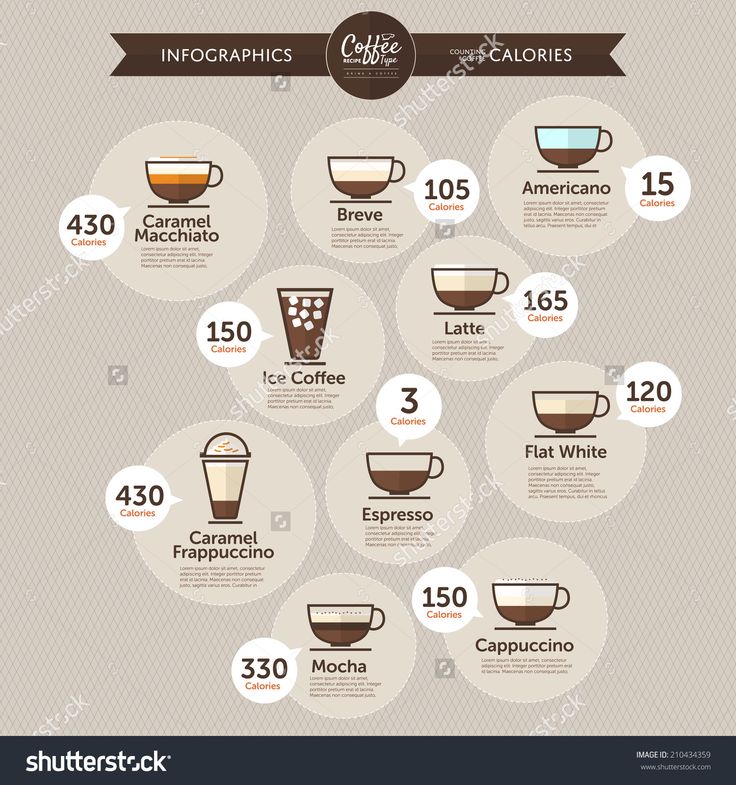 Researchers believe caffeine can potentially disrupt fetal stress hormone production, putting babies at risk for rapid weight gain, obesity, heart disease and diabetes after birth. The authors of the studies concluded that even moderate caffeine intake may be associated with a decrease in fetal growth, however, such deviations do not occur in everyone and often do not pose a danger to the unborn baby.
Researchers believe caffeine can potentially disrupt fetal stress hormone production, putting babies at risk for rapid weight gain, obesity, heart disease and diabetes after birth. The authors of the studies concluded that even moderate caffeine intake may be associated with a decrease in fetal growth, however, such deviations do not occur in everyone and often do not pose a danger to the unborn baby.
How does coffee affect fetal development? While caffeine can cross the placenta, its effect on the fetus is unclear, according to Mayo Clinic staff. To be on the safe side, your healthcare provider may recommend avoiding or limiting the amount of caffeine in your diet during pregnancy to 200 mg per day. In this case, take into account the caffeine content in all foods and drinks that the pregnant woman consumes.
Can I drink coffee in the first trimester of pregnancy: Unsplash / Nolan Issac Can I drink coffee in the first trimester of pregnancy? Dr. Sarah Morgan writes that as a result of studies, the absence of a negative effect of caffeine on the development of the fetus and its nervous system, as well as on the course of pregnancy in general, has been proven. This means that in the first trimester, when the internal organs and brain of the fetus are formed, coffee can be consumed. However, in any case, you should consult your doctor.
This means that in the first trimester, when the internal organs and brain of the fetus are formed, coffee can be consumed. However, in any case, you should consult your doctor.
The second trimester is the easiest period of pregnancy for many women, writes Dr. Neha Pathak. At this time, you can safely consume a safe amount of coffee, if the woman does not have individual contraindications.
In the third trimester, the fetus is fed through the placenta and, along with other substances, receives caffeine, which the pregnant woman consumes. Caffeine in the child's body does not break down. High caffeine intake during the third trimester may be a risk factor for fetal growth retardation, especially if it is a boy, writes Dr. Thorstein Wick.
How to drink coffee during pregnancy and how to replace it
If you like coffee, continue to drink it during pregnancy, but follow the recommendations of doctors. How much coffee can you drink during pregnancy? Drinking moderate amounts of coffee during pregnancy is considered safe. Don't drink more than 3 cups of coffee a day. This provides about 300 mg of caffeine, according to WebMD reporters.
Don't drink more than 3 cups of coffee a day. This provides about 300 mg of caffeine, according to WebMD reporters.
If in doubt, do not want to take risks, or have contraindications to drinking coffee, you can replace the drink with other products. Dr. Kristin Miksta suggests drinking these drinks:
- Decaffeinated coffee (decaf). In such a product, manufacturers remove up to 97% of the caffeine from the grains. After that, the cup will have only 3 to 12 mg of caffeine, while a regular cup has 100 mg.
- Green tea. In addition to cell-protecting antioxidants, it contains a quarter of the caffeine in a cup of organic coffee.
- Lemon water. Lemons are rich in vitamin C, antioxidants that protect cells. Some studies show that taking lemon juice daily can help control high blood pressure.
- Carob. Carob is rich in fiber, aids digestion, and can keep blood sugar and cholesterol levels healthy.
- Kombucha. The drink will help strengthen the immune system.

- Rosehip tea. Contains vitamin C, a range of cell-protecting and anti-inflammatory chemicals.
- Chicory. It does not contain caffeine, and the drink from it tastes vaguely like coffee.
Consult your doctor and choose the right drink. Remember that not only coffee, but also other caffeinated foods make up your daily caffeine requirement. These are chocolate, tea, guarana, carob.
In addition, you should give up energy drinks, they contain a lot of caffeine, herbal teas with licorice root, fenugreek. Replace these herbs with ginger, mint, raspberries.
Do not exceed 200 mg of caffeine per day (1-2 cups) as recommended by Healthline. Drink natural, not instant coffee. Choose a coffee that is dominated by Arabica, not Robusta. After every cup of coffee, drink a cup of still water.
It is not necessary to give up coffee during pregnancy, but it is important to control the amount of caffeine. Drink natural coffee, do not forget to drink water and watch how you feel. If in doubt that coffee is safe, check with your doctor.
Drink natural coffee, do not forget to drink water and watch how you feel. If in doubt that coffee is safe, check with your doctor.
Attention! The material is for informational purposes only. You should not resort to the methods of treatment described in it without first consulting a doctor.
Sources:
- Christine Mikstas. Coffee Alternatives // WebMD. - 2020. - November 16. - Access mode: https://www.webmd.com/diet/ss/slideshow-coffee-alternatives
- National Institutes of Health. Moderate daily caffeine intake during pregnancy may lead to smaller birth size // NIH. - 2021. - 25 March. - Mode of access: https://www.nih.gov/news-events/news-releases/moderate-daily-caffeine-intake-during-pregnancy-may-lead-smaller-birth-size
- Neha Pathak. Second Trimester of Pregnancy // WebMD. — 2020. — 25 August. — Access mode: https://www.webmd.com/baby/guide/second-trimester-of-pregnancy
- Pregnancy nutrition: Foods to avoid during pregnancy // Mayo Clinic.
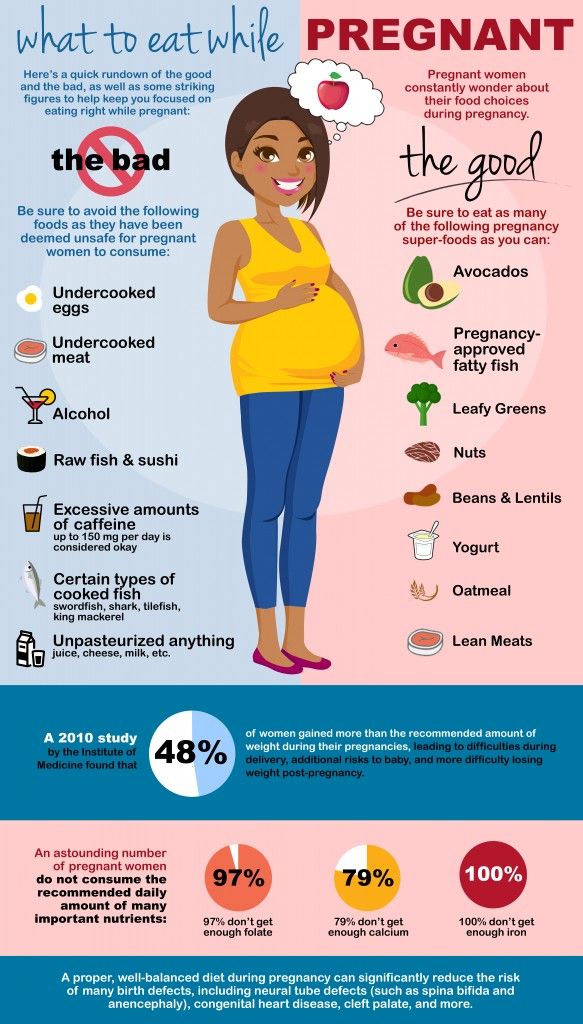 - 2022. - 22 January. — Access mode: https://www.mayoclinic.org/healthy-lifestyle/pregnancy-week-by-week/in-depth/pregnancy-nutrition/art-20043844
- 2022. - 22 January. — Access mode: https://www.mayoclinic.org/healthy-lifestyle/pregnancy-week-by-week/in-depth/pregnancy-nutrition/art-20043844 - Torstein Vik, Leiv S. Bakketeig, Kerstin Ulla Trygg, Kari Lund-Larsen, Geir Jacobsen. High caffeine consumption in the third trimester of pregnancy: gender-specific effects on fetal growth // PubMed. - 2003. - 17 (4): 324-31. — Mode of access: https://pubmed.ncbi.nlm.nih.gov/14629313/
Original article: https://www.nur.kz/health/motherhood/1753413-kofe-pri-beremennosti-vred-ili-polza/
Coffee during pregnancy: a complete guide to all the do's and don'ts
When a woman sees "two lines" on her test, her life begins to change that very day. In this life, there are more good habits (timely sleep, proper nutrition, moderate exercise) and less bad habits (alcohol, smoking, sedentary lifestyle, unhealthy food). Coffee as a potentially dangerous product, around which there is a lot of controversy, often falls under the barrier of prohibitions.
Even without any pregnancy, coffee often raises a number of questions and concerns in people, so the debate around this drink is quite understandable and justified. But our task is to separate myth from reality and figure out when restrictions make sense and when they are a pointless obstacle to a fulfilling joyful lifestyle.
How does coffee affect the body of a pregnant woman?
Before talking about some special effect of coffee on a pregnant woman, let's refresh our memory of what generally happens to us when we drink coffee:
- remember, is responsible for a good mood. This hormone of joy very willingly “jumps out” in response to a shot of espresso or cappuccino and makes us feel good.
- Under the influence of dopamine, it is easier for us to play sports, we become more enduring and notice less pain in the muscles. It also improves overall performance.
- If there is too much caffeine (read - dopamine), the suppression of serotonin production begins.
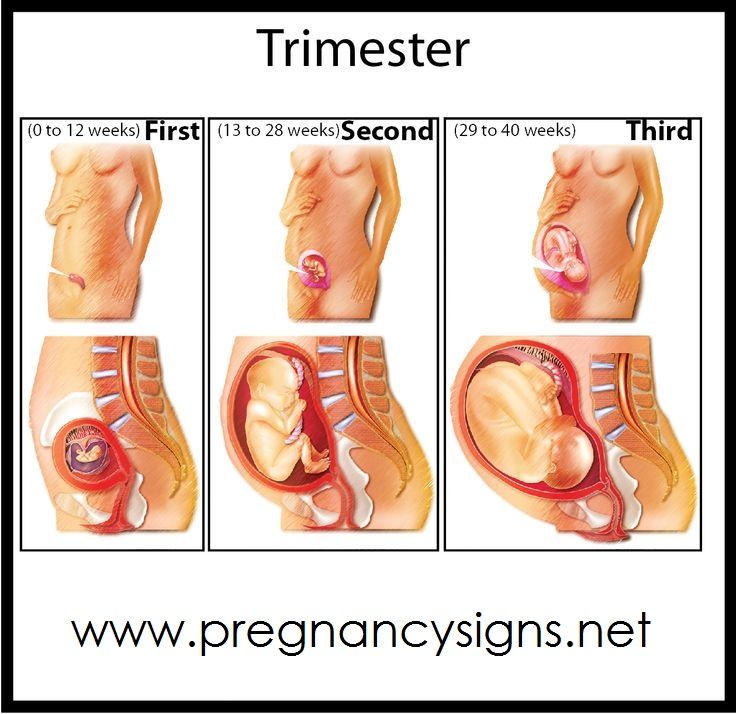 This leads to increased anxiety and can provoke depression.
This leads to increased anxiety and can provoke depression. - In parallel, under the influence of caffeine, adrenaline is released, another hormone that is responsible for our good mood and cheerfulness.
- Increased concentration.
- In most cases, coffee stimulates our heart to beat faster. The rhythm of the heartbeat accelerates and at the same time the pressure rises.
- The theophylline contained in coffee acts on the intercostal muscles and muscles of the diaphragm, as a result of which our breathing becomes more relaxed and easy.
- The excretory systems (diuretic and intestines) are stimulated - under the influence of caffeine we feel the desire to visit the restroom faster.
- Caffeine also stimulates the nervous system. The peak of this action occurs in the first hour or two after drinking coffee, then for an average of 3-4 hours the breakdown of caffeine in the blood occurs, at which time many people have difficulty falling asleep.
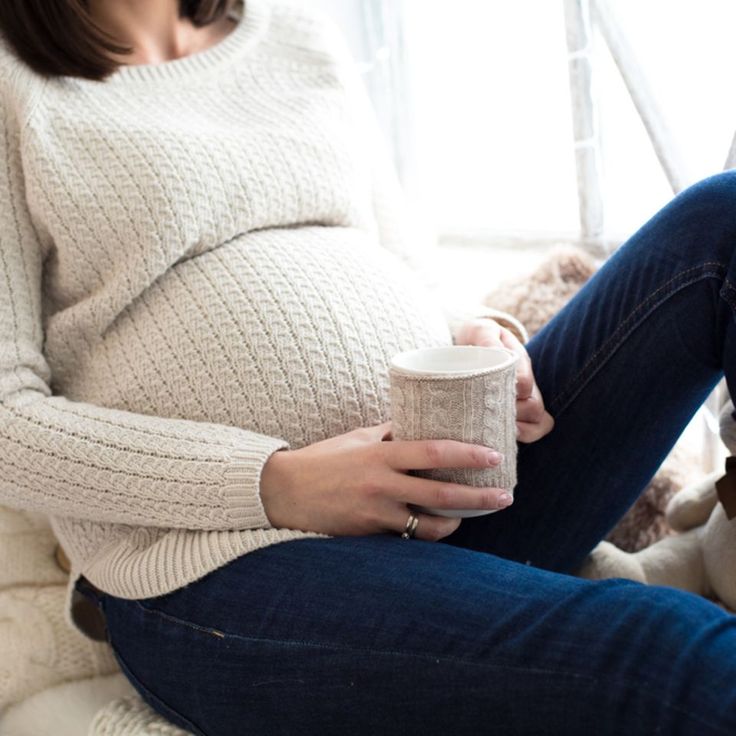
What changes when a pregnant woman drinks coffee? In addition to the above phenomena, the following important parameters should be additionally indicated:
- the process of removing caffeine from the woman's body slows down;
- fetal heart rate increases;
- increased fetal activity;
- Excessive use creates possible risks for the child.
It is the last item on this list that is cause for concern and doubt about the acceptability of coffee in the diet of a pregnant woman. Below we describe in detail what these risks are and in what cases concerns can be justified.
Can pregnant women drink coffee?
Let's start with a high-profile peer-reviewed study published in the BMJ Evidence-Based Medicine. Professor Jack James from Reykjavik University in Iceland conducted a series of studies in 2020 and concluded that there is no safe level of caffeine intake for pregnant women: even the smallest amount can negatively affect the development of the fetus. However, Mr. James' colleagues from other countries categorically disagree with him. The National Health Service, the European Food Safety Authority, and the American and British Colleges of Obstetricians and Gynecologists recommend limit but not eliminate caffeine intake during pregnancy . The research paper was deemed "too panicky" and inconsistent with the accepted evidence.
However, Mr. James' colleagues from other countries categorically disagree with him. The National Health Service, the European Food Safety Authority, and the American and British Colleges of Obstetricians and Gynecologists recommend limit but not eliminate caffeine intake during pregnancy . The research paper was deemed "too panicky" and inconsistent with the accepted evidence.
“There are so many do's and don'ts associated with pregnancy, and the last thing we want to do is cause unnecessary worry. After all, women need to be sure that caffeine can be consumed in moderation during pregnancy,” says Dr. Luc Grzeskowiak, a pharmacist at the University of Adelaide in Australia.
Most doctors around the world agree that drinking up to 200 mg of caffeine per day (1-2 cups of coffee) is a completely acceptable limit that will not harm either mother or child.
When thinking about the amount of caffeine consumed per day, it is very important to remember that it is added not only from your cups of cappuccino, but also from other products (energy drinks, tea, cola, chocolate, cocoa).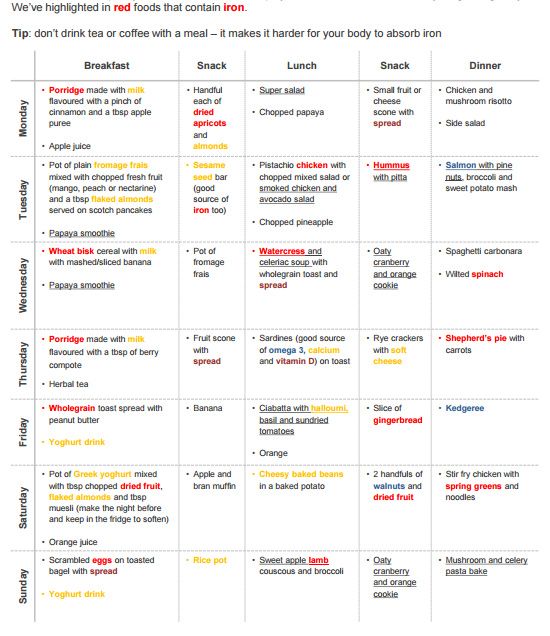
The World Health Organization confirms that excess caffeine consumption may be associated with problems (fetal growth restriction, low birth weight, preterm birth or stillbirth).
Is coffee allowed in early pregnancy (first trimester)?
The first trimester is the time when the foundation of the future life is laid, the most exciting and unpredictable. It is during this period that most miscarriages occur. And if we talk about coffee, then, according to studies, such miscarriages in the early stages are indeed more common in women who drink this drink often and a lot. However no one can say for sure whether high caffeine intake is a threat to the fetus or whether constant coffee consumption is a marker of a failed pregnancy (increased aversion to coffee, along with nausea and vomiting, is a feature of a healthy pregnancy).
Thus, we conclude that for a healthy woman with a healthy pregnancy, moderate coffee consumption is quite acceptable .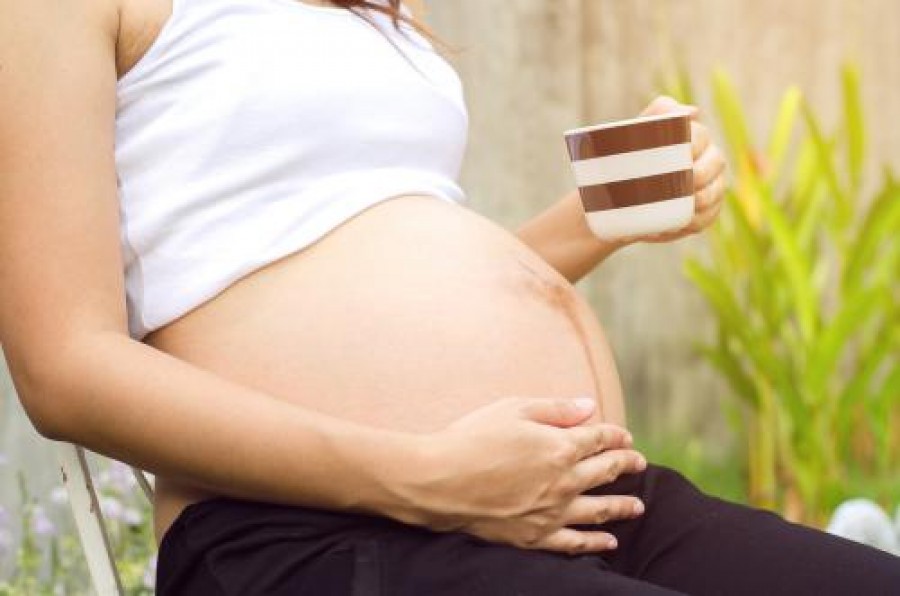
Can I drink coffee during the second trimester?
The second trimester is the calmest time for a future mother: by this moment the most dangerous milestones have been passed and there is no need to be afraid for the child's viability. Often it is during this period that all those strange and unexpected taste preferences of pregnant women fall, and coffee often becomes such an object of desire. If you do not have strict medical contraindications, you can continue to drink your favorite drink without any worries. The main thing is not to get carried away (remember about 200 mg of caffeine per day). To be completely calm, dilute coffee with milk. To minimize risks, doctors recommend drinking your coffee in the morning.
Is coffee allowed in late pregnancy (3rd trimester)?
The last trimester again increases the risk that the baby will leave the mother's body earlier than necessary, so if you are not sure about your health and the health of the fetus, it is better to reduce coffee consumption to a minimum at this time. Many studies indicate that in the third trimester of pregnancy, coffee had a negative effect on the condition of the child (premature birth, miscarriage). On the other hand, scientists tend to assume that mothers who drink a lot of coffee in late pregnancy also allow themselves other questionable products (alcohol, tobacco), and this greatly distorts the picture of research.
Many studies indicate that in the third trimester of pregnancy, coffee had a negative effect on the condition of the child (premature birth, miscarriage). On the other hand, scientists tend to assume that mothers who drink a lot of coffee in late pregnancy also allow themselves other questionable products (alcohol, tobacco), and this greatly distorts the picture of research.
Benefits and harms of coffee for pregnant women
As we have already found out, many studies have shown that it is unwise to drink coffee (or in general any drink containing caffeine) during pregnancy in large quantities. Unfortunately, the publication of this information at one time gave rise to a lot of rewritten materials in which it was no longer possible to trace the connection with the original and see the important mention of the amount of caffeine. Meanwhile, in the case of coffee and pregnancy, the most important thing is not to overdo it (as, indeed, in many other areas of our lives).
Benefits of coffee during pregnancy
Coffee has many pleasant and beneficial effects that do not disappear when a pregnant woman drinks it. So, for example, coffee for pregnant women with low blood pressure might be a good idea. Thanks to the effect of caffeine, the pressure rises and the well-being of the expectant mother improves.
So, for example, coffee for pregnant women with low blood pressure might be a good idea. Thanks to the effect of caffeine, the pressure rises and the well-being of the expectant mother improves.
Coffee with milk will also benefit pregnant women: it is a good source of calcium, which is so necessary for the harmonious development of the child and maintaining the health of the mother. Latte is an ideal coffee drink during pregnancy: milk takes up more cup volume, which simultaneously reduces the effect of caffeine and replenishes calcium stores.
Coffee is an effective remedy against edema typical of pregnant women (diuretic effect).
Do not forget that it is useful for pregnant women to be in a good mood, and coffee certainly helps to lift it.
Harm of coffee during pregnancy
As we remember, there is a version that caffeine consumption during pregnancy can increase the likelihood of infertility, birth defects, miscarriage, stillbirth, premature birth and fetal growth retardation.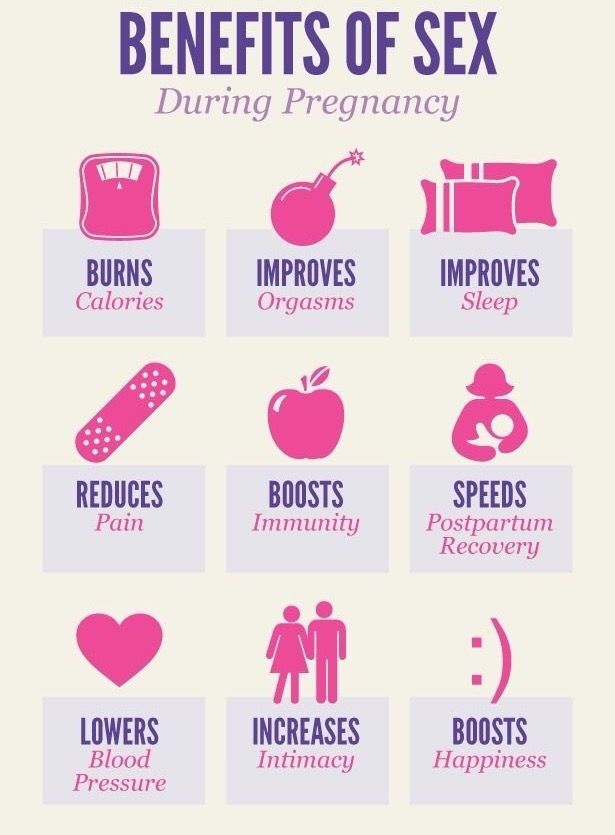 However, this version is not sufficiently proven.
However, this version is not sufficiently proven.
But we know for sure that coffee will be harmful to pregnant women who are prone to hypertension (high blood pressure) and tachycardia (heart palpitations), as well as to those who have a lack of calcium, potassium and phosphorus (caffeine does little to flush out these elements). Also, coffee is contraindicated in women with hypertonicity (additional stimulation with caffeine can really cause a miscarriage).
Another unpleasant consequence of taking coffee by pregnant women is additional stimulation of the excretory systems. Not a very pleasant thing, given that a woman in position already wants to go to the toilet more often than usual. However, any drink stimulates our kidneys to work more actively, so this is a controversial argument "against".
Which coffee is safer during pregnancy?
If you are not ready to give up coffee, but want to minimize the possible risks, it is worthwhile to figure out in advance which type of coffee is best for you.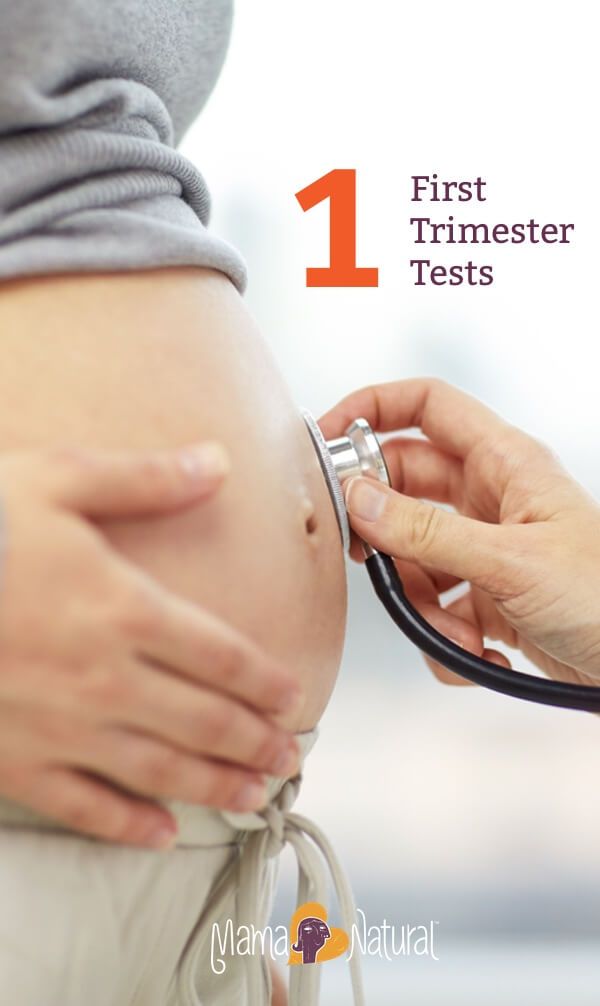
Natural bean coffee
Classic coffee made from beans has the highest caffeine content, especially if the coffee is made in Turkish and the blend includes a high percentage of Robusta (almost twice as much caffeine in this coffee variety as in Arabica). It is worth drinking no more than one cup a day, and also pay attention to the content of the blend (the ratio of robusta to arabica).
A standard cup of Americano (70 ml.), Espresso (30 ml.) or Cappuccino (180 ml.) contains about 50-70 mg of caffeine (they use the same amount of coffee - 1 shot).
Instant coffee
Instant coffee contains less caffeine in most cases than coffee beans. Doctors believe that a pregnant woman can afford up to two servings of such a drink. 1 teaspoon (without a slide) of instant coffee contains 30–50 mg of caffeine.
Decaffeinated coffee
Perhaps the safest option is for those who value fragrance and ritual more than the effect they produce. In decafe, caffeine is removed by 97-99%, which means that any risks are reduced to almost zero.
